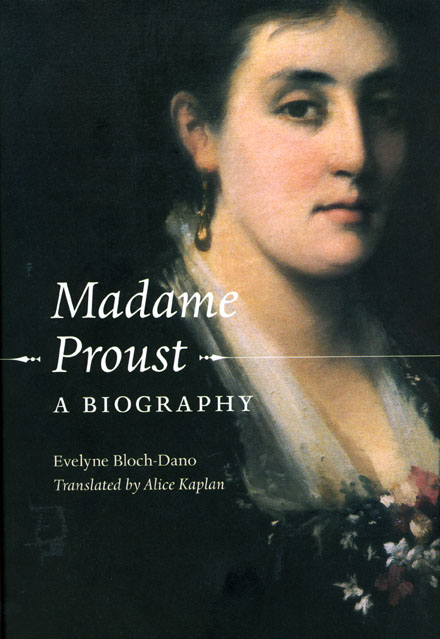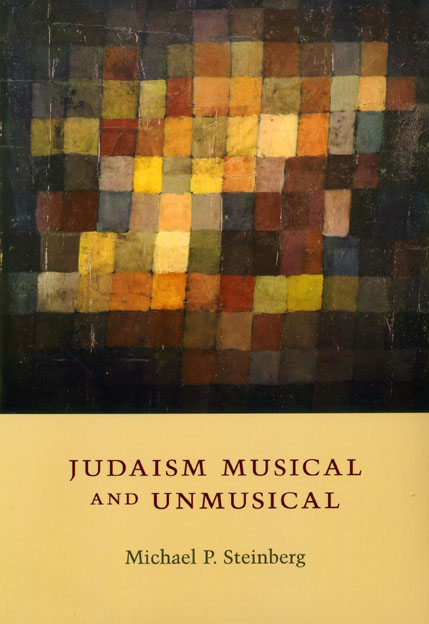Two books in the TLS

The July 4 Times Literary Supplement ran an excellent review Evelyn Bloch-Dano’s Madame Proust: A Biography—an engaging account of the life of Jeanne Wiel, mother to Marcel Proust, and as Bloch-Dano demonstrates, a decisive influence on the great writer’s career. Touching on a myriad of ways in which Proust’s mother helped to mold her son into one of the nineteenth-century’s most famous novelists the review pays special attention to Proust’s mother as a German Jew living in France just before the Dreyfus affair, which revealed the strong undercurrents of antisemitism and injustice that permeated French culture and greatly affected the role Jeanne took in protecting her son from the social pressures and prejudices of the day. Ingrid Wassenar writes for the TLS:
For Bloch-Dano the key to Jeanne is her status as an assimilated Jew. She is represented as a Third Republic Esther: “To save her people, Esther must hide her true origins without ever denying them.” In the Old Testament, Esther treads a fine line between obeying the Persian King Ahasuerus and placating her Israelite uncle, Mordecai. In similar ways Jeanne Weil did not truly belong to herself.…
Madame Proust raises fascinating questions about the nature of maternal love and the degree to which motherhood necessitates self-effacement. As the author insists: “We have to admit that this supremely intelligent woman had no other ambition than the happiness of her loved ones. She wouldn’t have conceived of her role as sacrificial, but let’s hope there were some secondary benefits.…”
Read an excerpt from the book on our website.

In the same issue Paul Reitter continues on the theme of Judaism in Western culture with a review of Michael P. Steinberg’s Judaism Musical and Unmusical. Steinberg’s book argues that modernity gave rise to a Jewish consciousness that has increasingly distanced itself from the sacred in favor of worldliness and secularity—a trend contributed to by a who’s who of Jewish composers and intellectuals including such figures as Sigmund Freud, Walter Benjamin, Hannah Arendt, Charlotte Salomon, Arnaldo Momigliano, Leonard Bernstein, and Daniel Libeskind. From Reitter’s review:
In 1934, Sigmund Freud, old, ailing, and painfully aware of the precariousness of the political situation in Austria, decided to write a book about Moses.… Completed in exile in Britain, Moses and Monotheism argues —doggedly and not very convincingly—that Moses was an Egyptian. Thus, at a time of unprecedented Jewish dispossession, we find Freud struggling mightily to take away Moses, too.… [But in] Steinberg’s reading, Freud, by denying “his people” Moses, does nothing other than make his greatest gift to “the Jews.”
The idea on which this interpretation rests is an organizing principle in Steinberg’s book. What he admires and wants to track are certain modern Jewish “subjectivities,” ones that for him emerged vividly in Central Europe and … involved “resisting” the ideology of origins, “loving history,” and cultivating a reflective cosmopolitan “secularity.…”
Steinberg’s “constellating of Jewishness…could well have a substantial impact on discussions of Central European Jewish culture, where, as he emphasizes, there is a pressing need for new conceptual life.